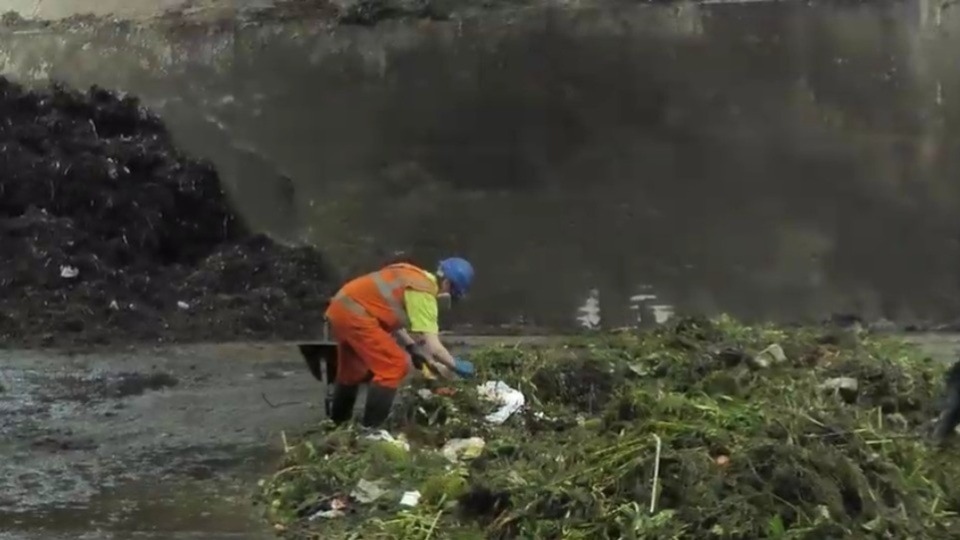Recycling plan that could mean new bins and collections in Greater Manchester slammed
Reporter: Charlotte Green, Local Democracy Reporter
Date published: 20 May 2023

Food and garden waste recycling. Image courtesy of Recycle for Greater Manchester
The government wants people to separate their food and garden recycling - but bosses in Greater Manchester have concerns it could need costly new bins and collection wagons.
Under legislation introduced in 2021, ministers have told local authorities that food waste must be collected on a weekly basis separately from other green rubbish like grass cuttings.
Councils in the region currently collect ‘co-mingled’ waste, which is delivered to in-vessel composting facilities (IVC) in the UK.
Similar to a home compost bin, but on a much bigger scale, the IVC system harnesses the natural composting process to recycle food and garden waste into compost in six weeks.
The compost is then used as a soil improver on agricultural land.
The government is promoting that under the weekly collections food waste would be dealt with through anaerobic digestion – the process where biomass is broken down by micro-organisms in the absence of air, releasing a methane-rich gas.
This gas can be used to generate renewable heat and power and also create fertiliser.
In Tameside, food and garden waste is collected from around 88pc of properties, but not from flats or especially rural areas.
Chiefs have warned that moving to a separate weekly food waste collection, which could come into force in 2025, would require a ‘significant number’ of additional vehicles and new bins.
Director of place at Tameside council, Julian Jackson, told a cabinet meeting they believe their current method is the ‘best way to continue to deliver this service and achieve the best level of recycling’.
The Department for Environment, Food and Rural Affairs (DEFRA) contacted the Greater Manchester Combined Authority in January to gather information on the impact of introducing weekly separate food waste collections on its waste contract, which ends in 2034.
Transition arrangements could be applied for, which would have delayed the introduction of separate food waste collections.
However, Tameside, along with Stockport and Trafford councils, has opted to rely on a technical, environmental, economically practicable assessment to demonstrate that their current collection method is the most suitable.
“We believe we have a strong case that our current collection arrangements deliver a good capture rate of waste food from households and is the most economic and practical way for collections to take place in our borough,” officers say.
However, the council will receive financial support from the government to roll out food waste collections to the one in ten properties that don’t currently receive them.
Recycle for Greater Manchester has previously warned that compost is regularly being polluted by people putting plastic in their green waste bin.
“One bin full of the wrong stuff can ruin a whole batch and waste lots of time and money,” warns an informational video on their website.
Do you have a story for us? Want to tell us about something going on in and around Oldham? Let us know by emailing news@oldham-chronicle.co.uk , calling our Oldham-based newsroom on 0161 633 2121 , tweeting us @oldhamchronicle or messaging us through our Facebook page. All contact will be treated in confidence.




